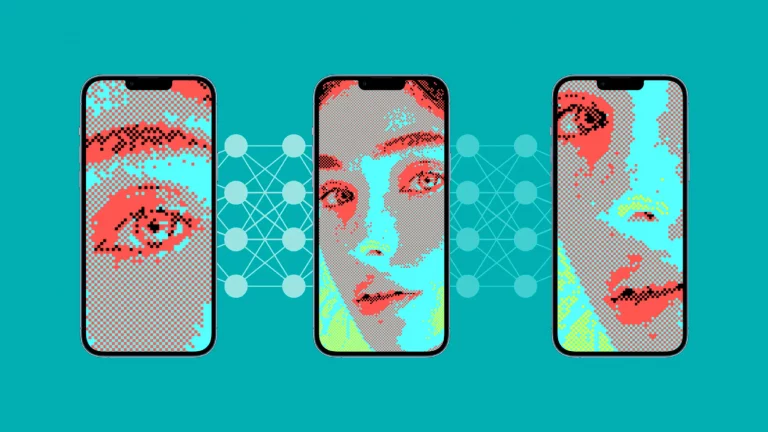Nudging to improve public policy, health care and our relationship with technology

On Nudging In Public Policy
By Alon M. August, University of Redlands (USA)
April 6, 2015
This thesis examines nudging, a technique aimed at making individuals act, choose, and behave in the ways deemed rational by policy makers. Nudging has only recently been adopted for public policy strategies. The ultimate goal of this thesis is to determine the ethical implications of nudging in public policy, by specifically exploring its origins in behavioral economics, and its methods, areas of influence, and moral consequences. The thesis consists of three chapters. The first chapter contextualizes nudging within the study of behavioral economics, and reconstructs in a chronological and logical sequence the most important scholarly and popular literature on the subject. The second chapter delves into the practical aspects of nudging: it consists of a number of examples that distinguish among private, public, and semi-public nudges, and clarifies where nudges appear, what agencies are typically responsible for implementing them, and what elements of a nudge tends to increase or decrease its effectiveness. Finally, the last chapter explores the ethical boundaries of nudging by distinguishing between nudges that manipulate and those that persuade the receiver. The thesis concludes that nudges that use manipulative techniques to alter behavior are unethical, because they deprive the individual of the right to choose on his or her own, and thus to learn from one’s own choices.
Nudging patients: The importance of behavioral economics for patient engagement in health care
By Douglas Hough, PhD
April 17, 2015
As health care organizations enter the brave new world of value-based reimbursements, understanding how to influence human behavior is swiftly becoming a core competency.
No longer rewarded for simply treating the sick, providers will increasingly be paid to keep people healthy — and that takes more than procedures and prescriptions. That shift in care requires that patients and providers alike made good decisions that spur wellness.
The Health Leadership Forum recently sat down with Douglas Hough, Ph.D., an associate scientist at The Johns Hopkins Bloomberg School of Public Health, to discuss how insights from behavioral scientists are already being applied to health care.
Technology that prods you to take action, not just collect data
By Natasha Singer
April 18, 2015
Natasha Dow Schüll, a cultural anthropologist, studies the relationship between people and technology. And her own progression from managing her writing schedule with an hourglass to ceding control to an Internet lockdown app parallels the technological shifts she is exploring in a book due to be released next year. Titled “Keeping Track: Personal Informatics, Self-Regulation and the Data-Driven Life, the book charts the evolution of contemporary digital self-tracking, and explores a range of new self-monitoring devices that are more about behavior change than data-gathering.



